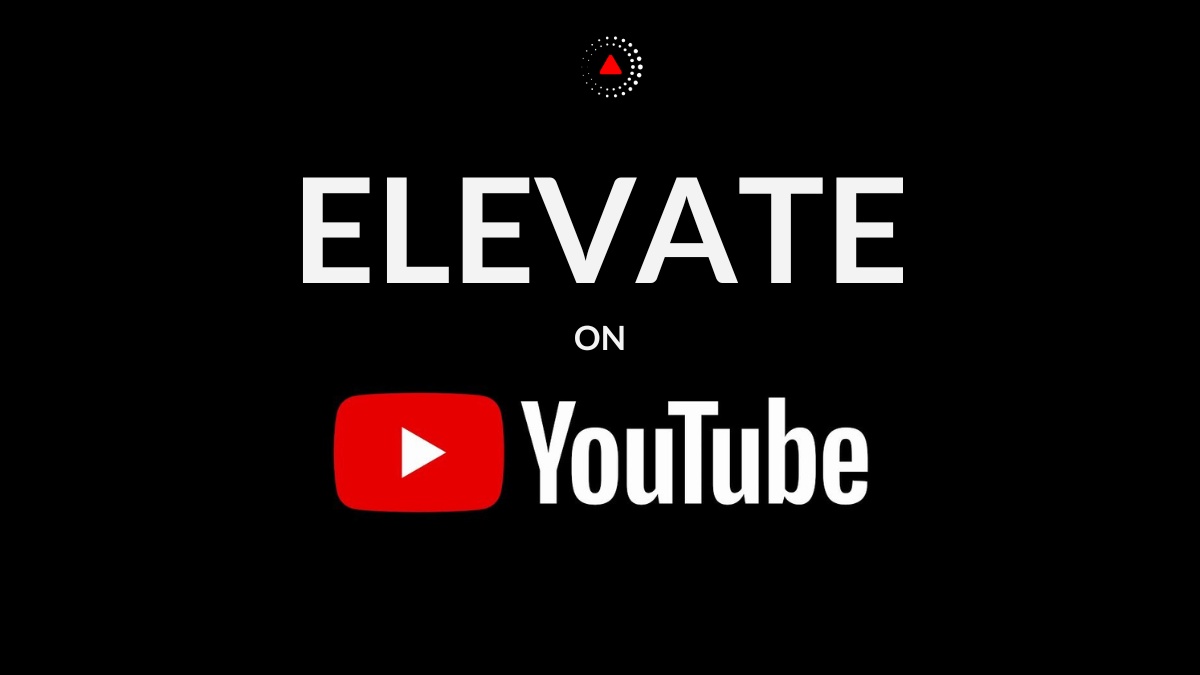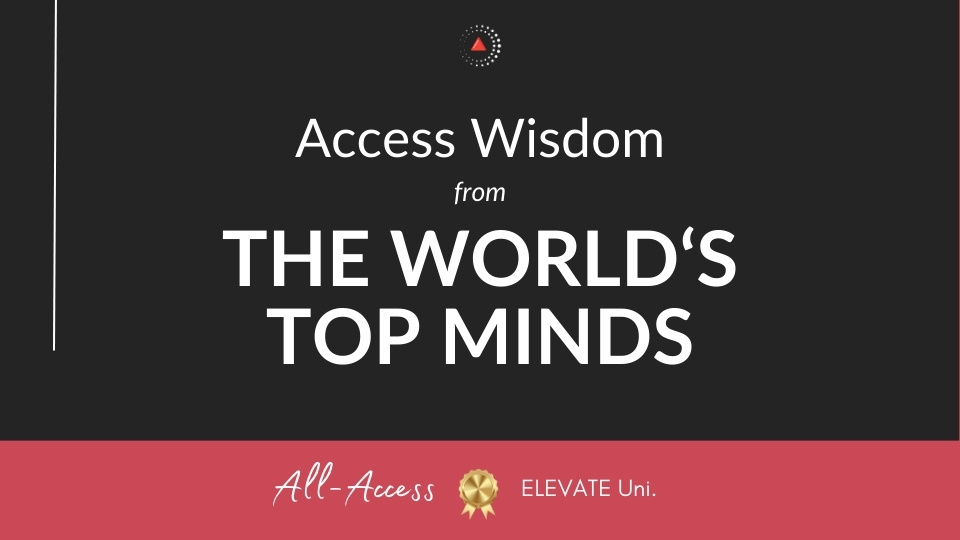Because of indifference, one dies before one actually dies.
What's the meaning of this quote?
Quote Meaning: This quote serves as a warning about the dangers of apathy and disinterest in life. When we become indifferent, we risk losing our passion and curiosity, which are vital for personal growth and happiness. In this state of disconnection, we may cease to truly experience the world around us and may find ourselves merely existing rather than truly living. By remaining engaged and curious about the world and our own lives, we can maintain a sense of purpose and vibrancy that keeps us alive in both body and spirit.
Who said the quote?
The quote "Because of indifference, one dies before one actually dies." was said by Elie Wiesel (Bio / Quotes). Elie Wiesel was a Romanian-born Jewish writer and Holocaust survivor who became an influential voice for human rights and social justice.
Is there a historical example that illustrates the message of the quote?
One compelling historical example of the quote "Because of indifference, one dies before one actually dies" is the story of the Soviet Union's economic collapse in the late 1980s. The Soviet Union, under Mikhail Gorbachev's leadership, faced severe economic and political challenges. Despite the growing signs of economic distress and public dissatisfaction, the government's indifference to these issues contributed to the state's eventual dissolution.
Gorbachev's policies of *glasnost* (openness) and *perestroika* (restructuring) aimed to revitalize the Soviet economy and improve transparency. However, the implementation of these policies was often half-hearted and met with resistance from within the Communist Party. The bureaucracy remained largely indifferent to the needs of the populace and the urgent economic reforms required. This indifference was reflected in the lack of effective measures to address shortages, poor living standards, and the growing disparity between the government’s promises and the reality faced by ordinary citizens.
As the economic situation worsened and public disillusionment grew, the indifference of the government towards these problems led to increasing instability. The state’s failure to adapt and respond to the crises effectively can be seen as a form of metaphorical “death” before the actual political collapse. The Soviet Union's eventual dissolution in 1991 was a stark illustration of how indifference and inaction can lead to the downfall of a once-powerful entity, demonstrating the profound impact of neglecting critical issues.
How can the quote be applied in a real-life scenario?
Applying the quote "Because of indifference, one dies before one actually dies" in a real-life scenario can be seen in various personal and professional contexts. Imagine a company experiencing gradual decline due to technological advancements and shifting market demands. The leadership, however, remains indifferent to these changes, clinging to outdated practices and ignoring the signs of obsolescence.
In this scenario, the company's indifference to evolving trends and technological innovations symbolizes a slow, metaphorical death. While the company might not immediately face bankruptcy, the failure to adapt and address these issues effectively means that it is already on a path to decline. Employees may become disengaged, customer satisfaction might deteriorate, and competitors could gain a significant advantage. The indifference to these warning signs and necessary changes results in the company losing its competitive edge and, eventually, its market presence.
To avoid such a fate, it is crucial for individuals and organizations to actively engage with and respond to changes and challenges. This means being proactive, listening to feedback, and making necessary adjustments before problems escalate. By addressing issues head-on and remaining attentive to the evolving landscape, one can prevent the metaphorical death of stagnation and ensure long-term success and vitality. This approach highlights the importance of being aware and responsive to both personal and professional environments to avoid the consequences of indifference.
Chief Editor
 Tal Gur is an author, founder, and impact-driven entrepreneur at heart. After trading his daily grind for a life of his own daring design, he spent a decade pursuing 100 major life goals around the globe. His journey and most recent book, The Art of Fully Living, has led him to found Elevate Society.
Tal Gur is an author, founder, and impact-driven entrepreneur at heart. After trading his daily grind for a life of his own daring design, he spent a decade pursuing 100 major life goals around the globe. His journey and most recent book, The Art of Fully Living, has led him to found Elevate Society.

























